Table of contents
Polycystic Ovarian Syndrome (PCOS) is a hormonal disorder that affects approximately 4-20% of women of reproductive age, globally. It can lead to a series of health issues and also impact the childbearing ability of women.
The symptoms and causes of PCOS can vary from person to person, so it's important to know the different types of PCOS. Primarily, there are 4 types of PCOS. If you suffer from the disease, gaining knowledge of the various types of PCOS will help you understand which one you're affected by.
The 4 Types of PCOS & Their Symptoms
1. Insulin-Resistant PCOS
Insulin-resistant PCOS is triggered by sugar consumption, smoking, and pollution. It happens to be the most common type of PCOS, affecting up to 70% of all women of childbearing age.
In this type of PCOS, the body cells fail to recognize the presence of insulin and trigger higher amounts of insulin production. As insulin level goes up, the body prevents the natural process of ovulation and promotes the production of testosterone. All of these lead to hormonal imbalance, irregular periods, unusual hair growth, and fertility problems.
People who are diabetic, borderline diabetic, or have glucose intolerance, are more at risk of developing this type of PCOS. The best way to keep the situation in control is to quit sugar because excess sugar consumption can contribute to insulin resistance.
Symptoms to watch out for:
- Weight gain
- Acne
- Mood swings
- Sleep issues
- Excess hair growth
- Hair loss
- Irregular periods
2. Post-Pill PCOS
Birth control pills stop or delay ovulation to prevent pregnancy. In general, these pills do not have a long-lasting effect. Your ovulation becomes regular once you stop taking the pills. But in some cases, ovulation does not resume even after stopping pills, and symptoms like acne, unusual hair growth, and weight gain crop up.
One reason behind this could be the hormonal changes that the body goes through. It takes a while for the body to adjust to the changes, so it can take a while to come back to normalcy.
However, if you're still having issues with your period and experiencing other symptoms of PCOS several months after quitting pills, and you had normal periods before you started taking pills, you could be suffering from pill-induced PCOS.
Symptoms to watch out for:
- Weight gain
- Acne
- Mood swings
- Sleep issues
- Excess hair growth
- Hair loss
- Irregular periods
3. Inflammatory PCOS
Those who experience high levels of chronic inflammation are more at risk of developing this kind of PCOS. Toxins in the environment, excessive stress, dietary substances like gluten, and genetics are some of the common contributing factors.
During inflammation, the immune system becomes active and puts up a fight against foreign objects. But when this turns into an overreaction, the healthy cells in the body get affected. As a result, there is a hormonal imbalance in the body with high levels of androgens, and ovulation is stopped.
The best way to treat inflammatory PCOS is to reduce your stress levels, reduce the intake of food products that might cause inflammation, and supply the body with magnesium supplements.
Symptoms to watch out for:
- Fatigue
- Indigestion
- Headache
4. Adrenal PCOS
Adrenal PCOS is primarily driven by stress. When you experience high levels of stress, or your body reacts adversely to any form of stress, it leads to hormonal imbalance. DHEA levels (an androgen produced by adrenal glands) in the body go up, which might lead to adrenal dysfunction.
However, in this type of PCOS, your other androgen levels (for instance, testosterone or androstenedione) remain normal—only the DHEA levels shoot up.
The ideal way to deal with adrenal PCOS is to control stress and make active lifestyle changes that will help reduce chronic stress and tension. Magnesium supplements can also be helpful.
Symptoms to watch out for:
- Stress
- Fatigue
- Weight gain
- Irregular periods
- Acne
- Hair loss
- Excess hair growth
By understanding each type of PCOS, you'll be able to identify which type you might be suffering from, and you can act accordingly to keep things under control.
How to Manage PCOS
With the right amount of care and adjustments to your lifestyle, it's possible to manage the symptoms of PCOS.
Dietary Changes
Adopting healthy dietary changes is a great way to keep PCOS in check. Eat whole foods free from added sugar and preservatives, and make sure your protein and carbs intake is well-balanced. If you experience heavy bleeding during periods, and you have iron deficiency, loading up on iron-rich foods would be a good idea. However, before you make any serious change to your diet, it's better to consult a doctor to mitigate any possible risks.
Physical Exercise
Physical exercise keeps your body and mind healthy, helps manage stress, and keeps PCOS under control. Light exercises such as pilates, yoga, and swimming are great ways to include movement into your daily schedule. However, too much exercise can lead to hormonal imbalance in the body, so consult your healthcare provider to know which type of exercise would fit the best for you.
Lifestyle Changes
High stress levels and lack of proper sleep are some of the major triggers of PCOS. Aim for at least 8 hours of sleep every night. To control stress, you can try brisk walking, yoga, meditation, and if possible, cut down your caffeine intake. These small lifestyle changes can help you lead a healthier and stress-free life.
Natural Supplements
Whether it's insulin resistance, pill-induced PCOS, adrenal PCOS, or inflammatory PCOS, supplements can be a great healer. You can check out Ovofolic, a collection of PCOS management supplements from Elan Healthcare that's designed to improve your reproductive health in a natural way.
Final Thoughts
If you have been diagnosed with PCOS, or you're experiencing symptoms of PCOS, there is no need to panic. With proper treatment, care, and lifestyle changes, you'll be able to maintain hormonal balance, and the symptoms of PCOS will eventually subside. In case you don't want to take hormone pills or heavy dosage of medicines, Elan Healthcare can help you find a natural way to manage PCOS, and stay healthy.



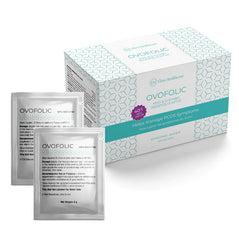

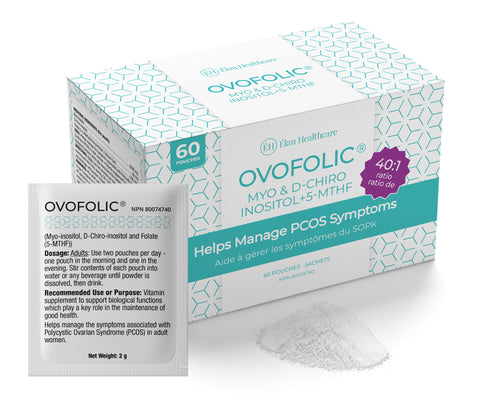
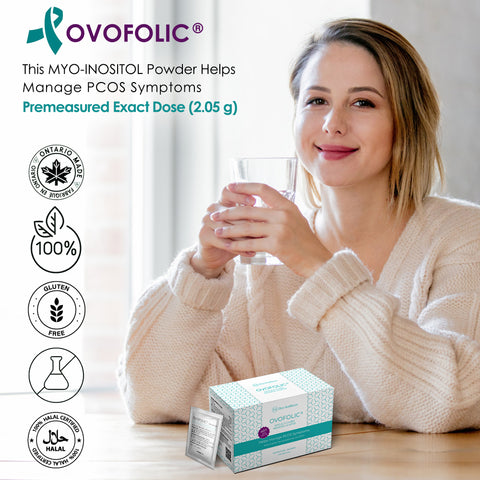
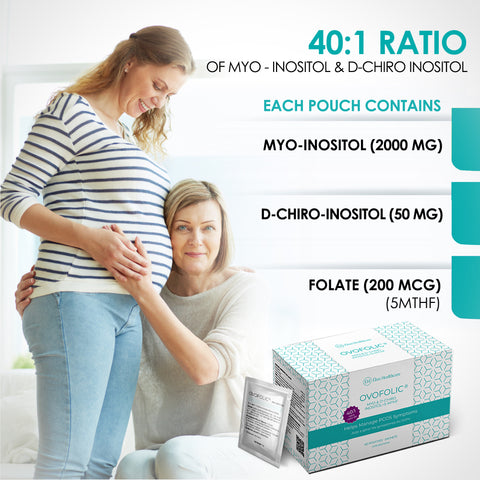
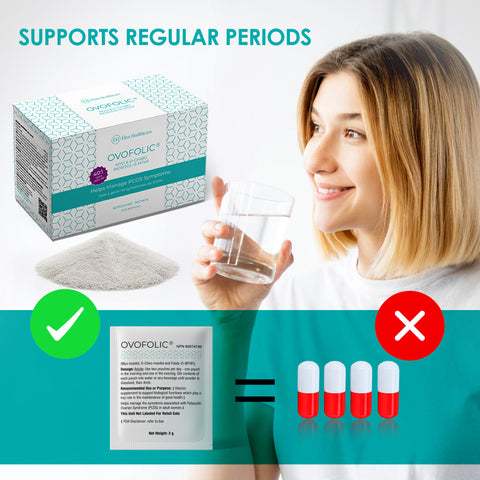
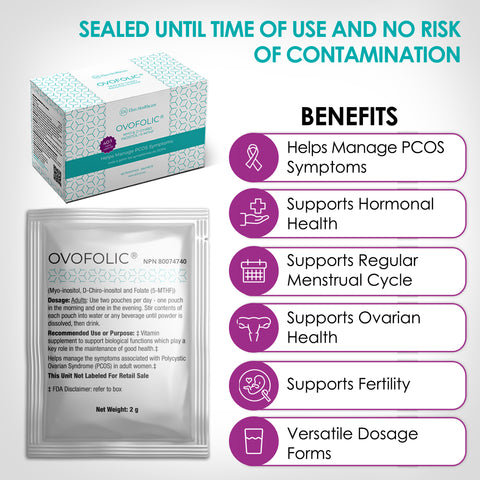
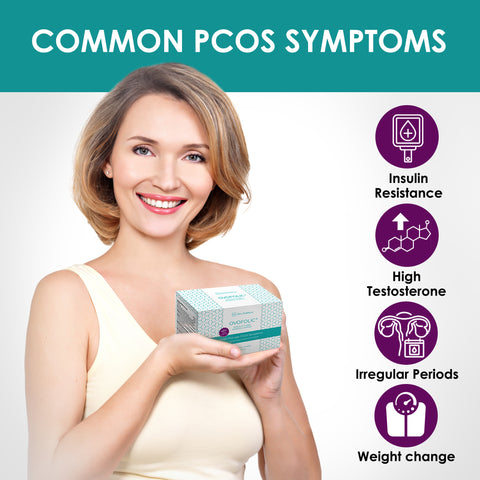
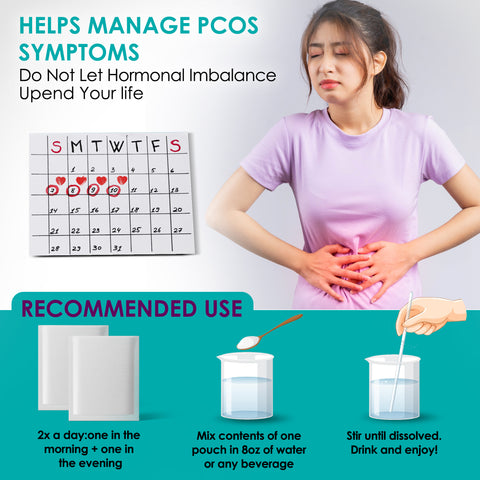
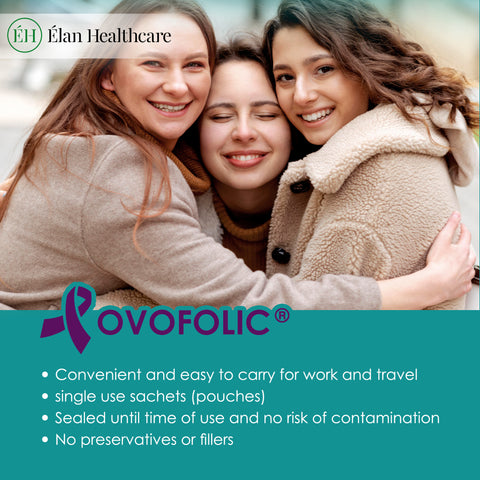
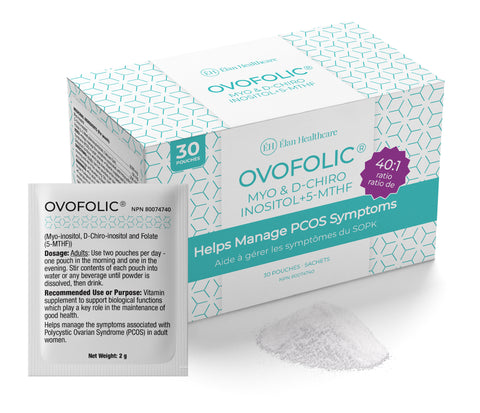
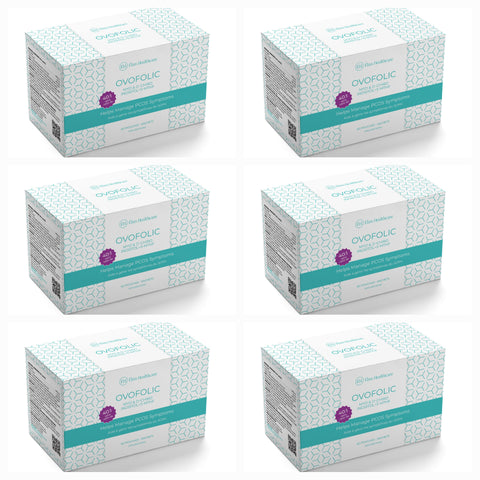
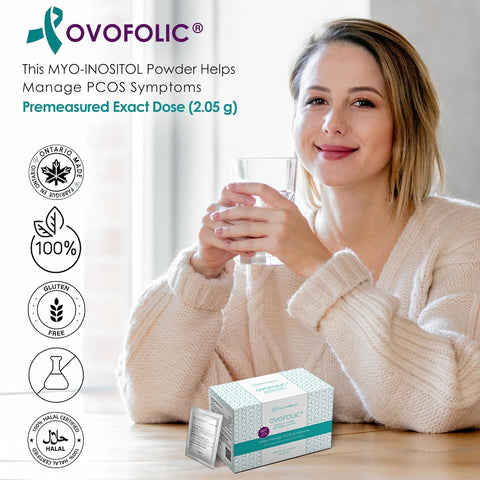
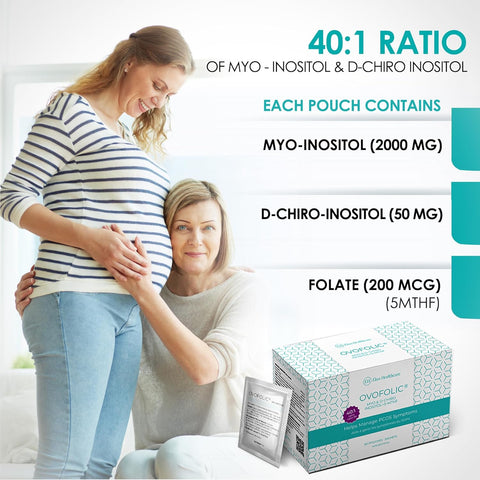
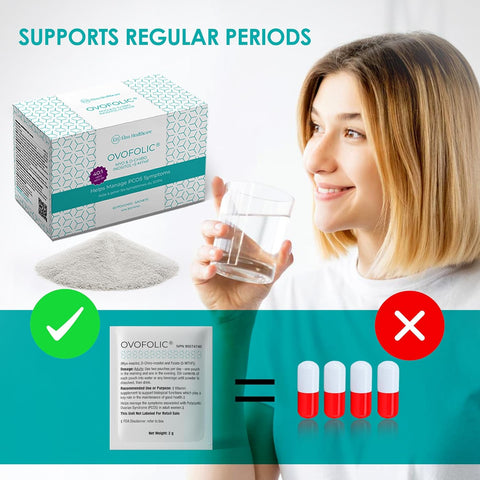
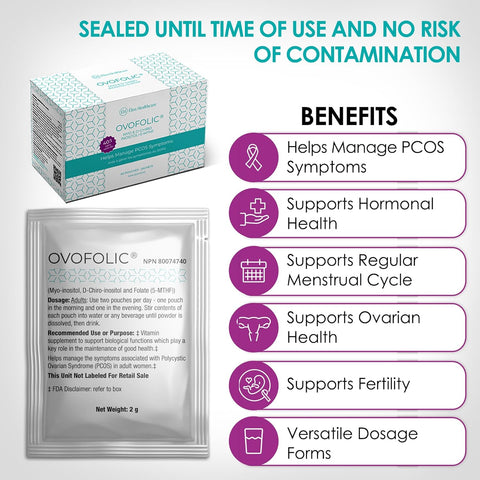
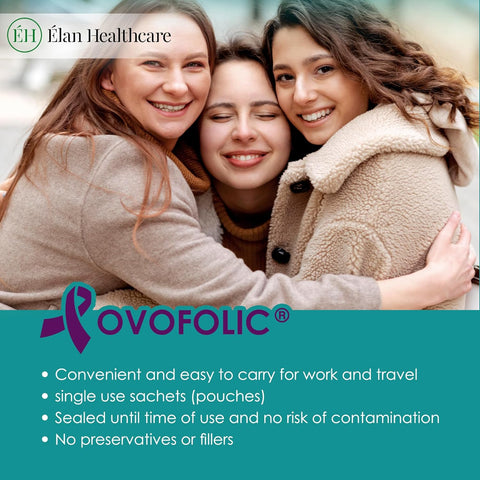
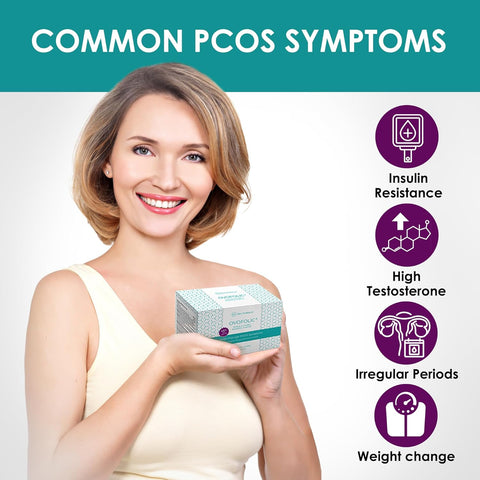
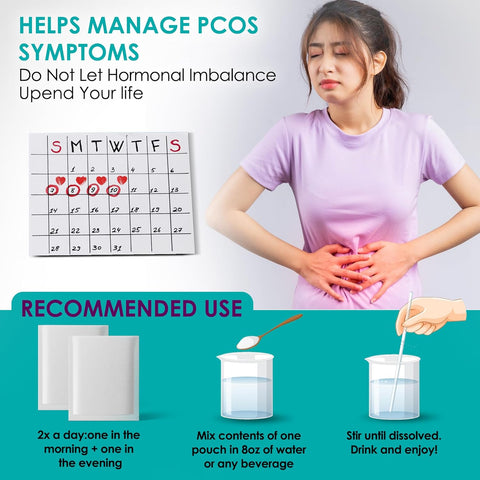











No comments yet.
There are no comments for this article. Be the first one to leave a message!
+ Open to leave a Comment